The Application of Solar Energy in Residential Settings

Solar energy is a renewable source of energy that has gained popularity in recent years due to its numerous benefits, including its low environmental impact and potential cost savings. In residential settings, solar energy can be harnessed to power homes and reduce dependence on traditional forms of energy like electricity and gas. This article will explore the various applications of solar energy in residential settings, including solar panels, solar water heating systems, and solar-powered appliances.
Types of Solar Energy Applications in Residential Settings
1. Solar Panels
Solar panels are the most common application of solar energy in residential settings. These panels are made up of photovoltaic cells that convert sunlight into electricity. When installed on the roof of a home, solar panels can generate electricity to power lighting, appliances, and HVAC systems. Some homeowners even choose to connect their solar panels to the grid, allowing them to sell excess energy back to the utility company.
- Reduced electricity bills
- Low maintenance costs
- Environmentally friendly
2. Solar Water Heating Systems
Solar water heating systems use the sun's energy to heat water for residential use. These systems typically consist of solar collectors, a storage tank, and a pump. Solar water heating systems can provide hot water for showers, baths, and laundry, reducing the need for traditional water heaters that rely on gas or electricity. In some cases, solar water heating systems can even be used to heat swimming pools.
- Energy savings
- Reduced carbon footprint
- Incentives and rebates available
3. Solar-Powered Appliances
Another application of solar energy in residential settings is the use of solar-powered appliances. These appliances, such as solar ovens, solar fans, and solar lights, operate using energy generated by the sun. Solar-powered appliances are a cost-effective and eco-friendly alternative to traditional appliances that rely on electricity.
- Lower energy costs
- No reliance on traditional power sources
- Portable and easy to use
Factors to Consider When Installing Solar Energy Systems in Residential Settings
1. Location
The location of a home plays a significant role in the effectiveness of solar energy systems. Homes located in sunny regions with minimal shading are ideal for solar panel installations. Homeowners should also consider the orientation and angle of their roof to ensure maximum sunlight exposure.
- Sunlight exposure
- Shading from trees or buildings
- Roof orientation and angle
2. Budget
The cost of installing a solar energy system can vary depending on the size of the system and the complexity of the installation. Homeowners should carefully consider their budget and explore financing options, incentives, and rebates available for solar energy installations.
- Upfront costs
- Potential savings on energy bills
- Incentives and rebates
3. Maintenance
Proper maintenance is essential for ensuring the longevity and efficiency of solar energy systems. Homeowners should regularly clean solar panels, check for any damage or malfunctions, and schedule professional inspections as needed.
- Clean solar panels regularly
- Check for damage or wear and tear
- Schedule professional inspections
Conclusion
Solar energy applications in residential settings offer homeowners a sustainable and cost-effective alternative to traditional energy sources. From solar panels to solar water heating systems, harnessing the power of the sun can reduce energy costs and minimize environmental impact. By considering factors like location, budget, and maintenance, homeowners can make informed decisions when installing solar energy systems in their homes.
Learn More :
 The Future of Energy Sustainability: Harnessing Solar Energy
22 February 2024 by Admin
The Future of Energy Sustainability: Harnessing Solar Energy
22 February 2024 by Admin
As the world continues to face challenges in meeting energy demands while also reducing carbon emissions, the focus has turned to renewable energy sources. Among these sources, solar energy stands out...
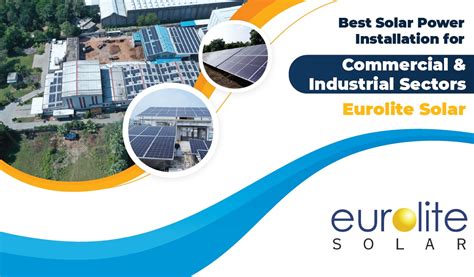 The Role of Solar Energy in Commercial and Industrial Sectors
22 February 2024 by Admin
The Role of Solar Energy in Commercial and Industrial Sectors
22 February 2024 by Admin
Solar energy has become an increasingly popular source of renewable energy in recent years, particularly in the commercial and industrial sectors. With advancements in technology and decreasing costs,...
 The Role of Solar Energy in Space Exploration
22 February 2024 by Admin
The Role of Solar Energy in Space Exploration
22 February 2024 by Admin
Solar energy has played a crucial role in the advancements of space exploration. Since the beginning of space travel, solar power has been utilized to fuel spacecrafts, power rovers on other planets, ...
 The Importance of Government Incentives for Solar Energy Adoption
22 February 2024 by Admin
The Importance of Government Incentives for Solar Energy Adoption
22 February 2024 by Admin
Solar energy has been gaining popularity as a clean and renewable source of energy that can help reduce our reliance on fossil fuels. However, the high upfront costs of installing solar panels can be ...
 Challenges and Solutions in Solar Energy Implementation
22 February 2024 by Admin
Challenges and Solutions in Solar Energy Implementation
22 February 2024 by Admin
Solar energy is a renewable source of energy that has gained popularity in recent years due to its environmental benefits and decreasing costs. However, there are still challenges that need to be over...
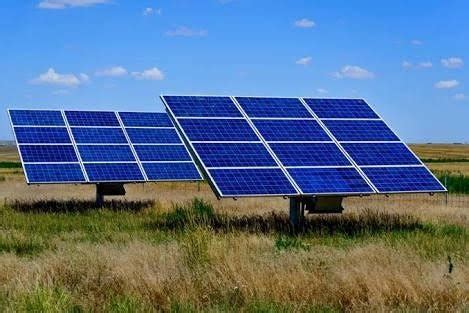 Solar Power in Developing Countries
22 February 2024 by Admin
Solar Power in Developing Countries
22 February 2024 by Admin
Solar power, also known as solar energy, has become an increasingly popular source of renewable energy in developing countries. With the advancement of technology and the decreasing costs of solar pan...
 The Basics of Solar Energy
22 February 2024 by Admin
The Basics of Solar Energy
22 February 2024 by Admin
Solar energy is a renewable source of energy that is derived from the sun's rays. It is becoming increasingly popular as countries around the world strive to reduce their reliance on fossil fuels and ...
![Environmental Impact of Solar Energy [Positive/Negative]](/image/blogseasourcedatacom/the-environmental-impact-of-solar-energy.jpg) The Environmental Impact of Solar Energy
22 February 2024 by Admin
The Environmental Impact of Solar Energy
22 February 2024 by Admin
Solar energy is a renewable source of power that has gained popularity in recent years due to its numerous benefits, including reducing reliance on fossil fuels and decreasing greenhouse gas emissions...
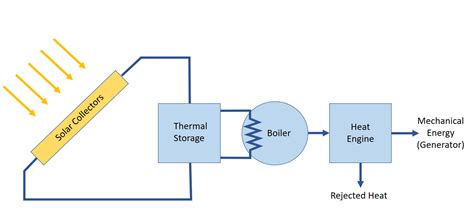 The Importance of Solar Energy Conversion Efficiency
22 February 2024 by Admin
The Importance of Solar Energy Conversion Efficiency
22 February 2024 by Admin
Solar energy is a renewable and abundant source of energy that has the potential to meet a significant portion of our energy needs. With advancements in technology, solar energy has become more afford...
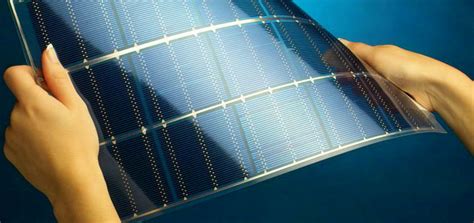 Advancements in Solar Technology
22 February 2024 by Admin
Advancements in Solar Technology
22 February 2024 by Admin
Solar technology has come a long way in recent years, with new advancements being made constantly to improve efficiency, affordability, and accessibility. From advancements in solar panel technology t...
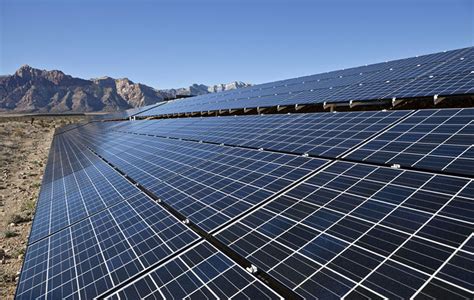 The Role of Solar Energy in Climate Change Mitigation
22 February 2024 by Admin
The Role of Solar Energy in Climate Change Mitigation
22 February 2024 by Admin
Climate change is one of the most pressing issues of our time, with the potential to greatly impact the future of our planet. As global temperatures rise and extreme weather events become more common,...
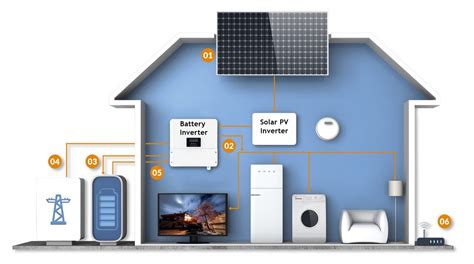 Solar Energy Storage Solutions
22 February 2024 by Admin
Solar Energy Storage Solutions
22 February 2024 by Admin
Solar energy has become an increasingly popular renewable energy source in recent years. As technology continues to advance, more and more homeowners and businesses are turning to solar panels to powe...
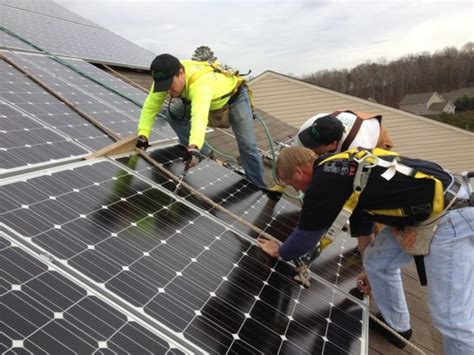 The Impact of Solar Energy on Job Creation
22 February 2024 by Admin
The Impact of Solar Energy on Job Creation
22 February 2024 by Admin
Solar energy has become a major player in the renewable energy sector, with more and more countries turning to solar power as a sustainable and clean energy source. In addition to its environmental be...
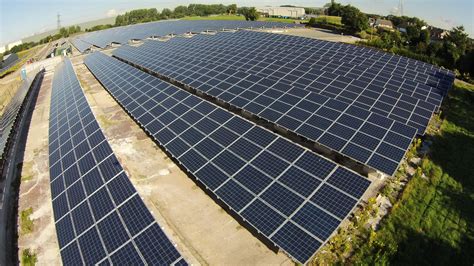 The Rise of Solar Farms: Large-Scale Solar Power Generation
22 February 2024 by Admin
The Rise of Solar Farms: Large-Scale Solar Power Generation
22 February 2024 by Admin
Solar power has gained significant traction in recent years as a clean, renewable energy source that has the potential to revolutionize the way we generate electricity. Solar farms, also known as sola...
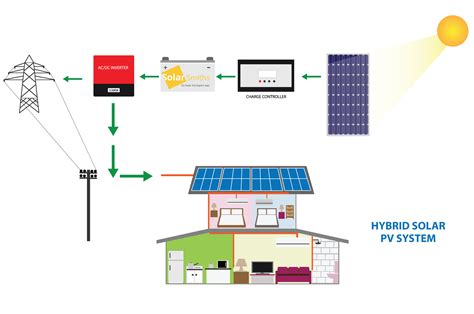 Types of Solar Power Systems
22 February 2024 by Admin
Types of Solar Power Systems
22 February 2024 by Admin
Solar power systems are becoming increasingly popular as a renewable energy source. There are several different types of solar power systems available, each with their own unique features and benefits...
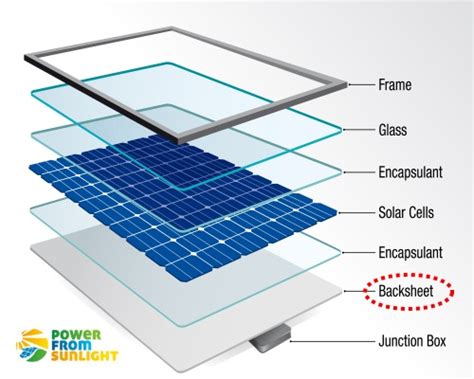 The Components and Construction of Solar Panels
22 February 2024 by Admin
The Components and Construction of Solar Panels
22 February 2024 by Admin
Solar panels are an essential part of renewable energy systems, converting sunlight into electricity. Understanding the components and construction of solar panels is crucial for anyone looking to inv...
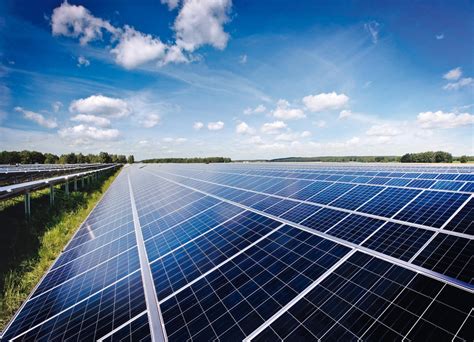 Photovoltaic Technology: How Solar Cells Work
22 February 2024 by Admin
Photovoltaic Technology: How Solar Cells Work
22 February 2024 by Admin
Photovoltaic technology, also known as solar cell technology, is a renewable energy source that converts sunlight into electricity. Solar cells are made of materials that exhibit the photovoltaic effe...
 Harnessing the Power of the Sun: A Sustainable Energy Solution
22 February 2024 by Admin
Harnessing the Power of the Sun: A Sustainable Energy Solution
22 February 2024 by Admin
The sun has long been a powerful source of energy for our planet. From providing warmth and light to supporting the growth of plants through photosynthesis, the sun plays a crucial role in sustaining ...
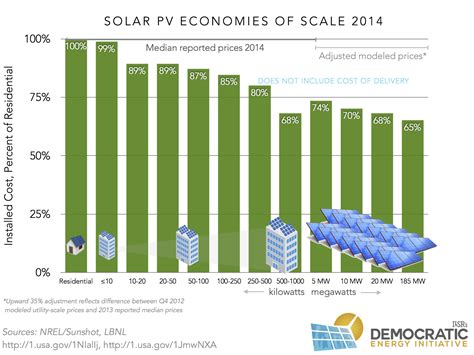 The Economics of Solar Power Costs and Benefits
22 February 2024 by Admin
The Economics of Solar Power Costs and Benefits
22 February 2024 by Admin
As the world continues to face pressing environmental challenges, the need for renewable energy sources has become more urgent than ever. Solar power, in particular, has emerged as a promising alterna...